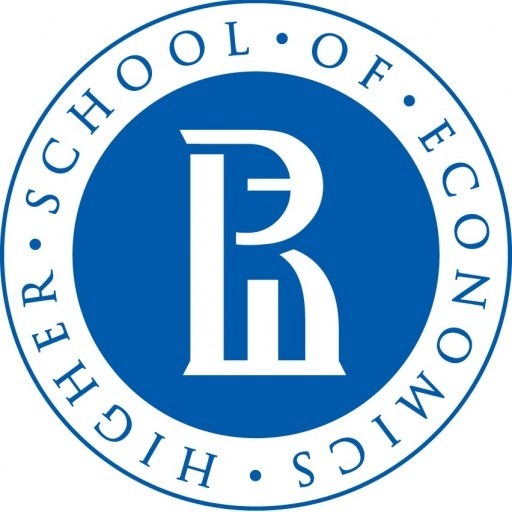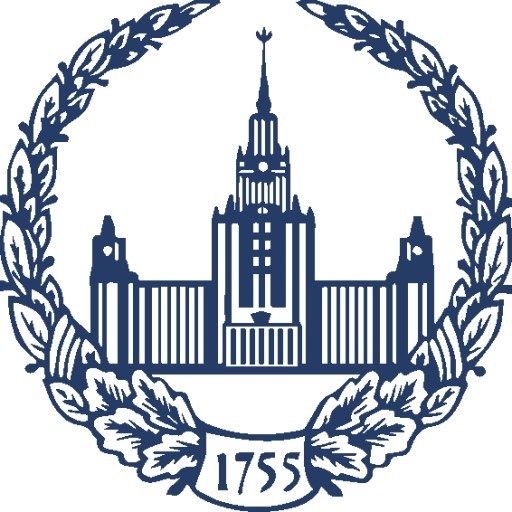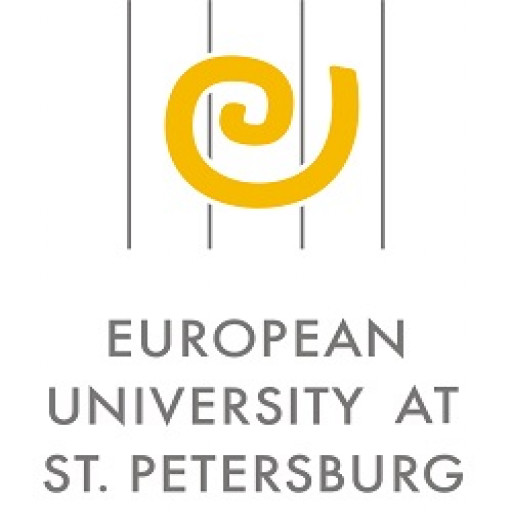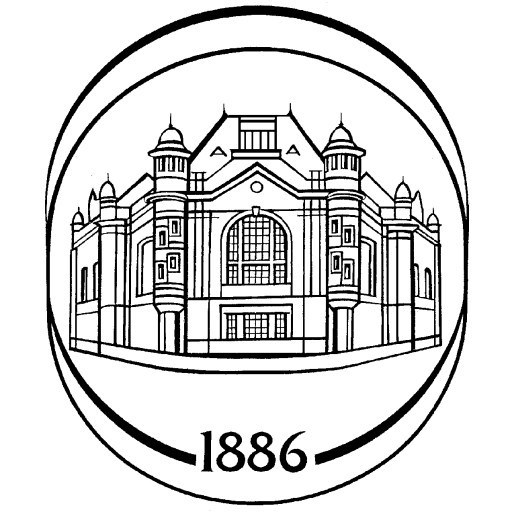Photos of university / #hse_university
The International Double Award in International Relations and Political Science at the National Research University Higher School of Economics offers a comprehensive and in-depth academic experience for students interested in understanding the complexities of global politics, international cooperation, and the functioning of political institutions. This programme is designed to provide students with a dual perspective by combining rigorous coursework in both International Relations and Political Science, enabling them to analyze international issues from multiple angles and develop a well-rounded understanding of the societal, economic, and political forces that shape the world.
Students enrolled in this programme will engage with a diverse curriculum that covers key topics such as diplomatic relations, international security, global governance, political theory, comparative politics, and policies affecting international development. The programme emphasizes practical skills including critical thinking, data analysis, research methods, and effective communication, which are essential for careers in diplomacy, international organizations, governmental agencies, think tanks, and the private sector.
The Double Award format allows students to study at two prestigious partner universities, often involving mobility periods abroad, which enhances intercultural competence and global perspectives. Students benefit from the expertise of renowned faculty members who are active researchers and practitioners in the fields of political science and international affairs. They also have access to extensive resources, including modern research centers, seminars, workshops, and conferences that facilitate an engaging academic environment.
Graduates of this programme will be equipped with the analytical tools and practical knowledge necessary to understand and influence international policy-making and governance processes. They will be prepared for a dynamic career in sectors that require nuanced comprehension of international political dynamics, including government agencies, international organizations, NGOs, and multinational corporations. Furthermore, the programme aims to foster critical awareness of global challenges such as conflict resolution, migration, climate change, and human rights, preparing students to contribute positively towards fostering international peace and stability.
Overall, the International Double Award in International Relations and Political Science at the Higher School of Economics offers an excellent opportunity for ambitious students to gain a comprehensive, global perspective on political systems and international affairs, supported by high-quality academic instruction and innovative research opportunities.
The Double Degree Program in International Relations and Political Science at the National Research University Higher School of Economics offers students a comprehensive and in-depth education in understanding the complexities of global politics, international organizations, diplomatic practices, and political theory. This program is designed for students who aspire to develop a nuanced understanding of international affairs and governance, combining rigorous coursework in both disciplines to prepare graduates for international careers in diplomacy, policy analysis, academia, and international organizations.
Throughout the program, students engage with a broad curriculum that covers key topics such as international security, global political economy, comparative politics, diplomatic strategies, international law, and regional studies. The program emphasizes the development of critical thinking, analytical skills, and practical competencies through case studies, simulations, and internships. Students are encouraged to explore different political systems and global issues, gaining a comprehensive perspective on how political institutions operate within an international context.
The program also offers unique opportunities for international mobility and collaboration through partner universities and exchange programs, allowing students to broaden their academic and cultural horizons. Students enrolled in the Double Degree Program benefit from the combined expertise of faculty members specializing in diplomatic studies, political theory, and international law, providing a multidisciplinary approach to their education.
Graduates of the program receive two recognized diplomas, one from the Higher School of Economics and another from partner institutions abroad, which significantly enhances their employment prospects in international organizations, governmental agencies, think tanks, and multinational corporations. The curriculum is regularly updated to include current global issues such as cybersecurity, climate change, migration, and terrorism, ensuring that students are well-prepared to address contemporary challenges in international relations and political science.
In addition to core courses, students have the opportunity to participate in research projects, conferences, and workshops, fostering an active academic community and encouraging innovative thinking. The program also emphasizes practical skills development, including foreign language proficiency, negotiation, and policy analysis, to prepare students for successful careers on the international stage.
Overall, the Double Degree Program in International Relations and Political Science at Higher School of Economics provides a rigorous, dynamic, and multinational educational experience designed to prepare the next generation of global leaders and experts in international affairs.
The International Double Award in International Relations and Political Science at the National Research University Higher School of Economics requires students to complete a comprehensive curriculum designed to develop deep understanding of global political systems, international organizations, diplomatic strategies, and political theories. Students must undertake core courses in both disciplines, including Introduction to International Relations, Comparative Politics, International Law, Political Theory, and Research Methods. The program emphasizes interdisciplinary approaches, encouraging students to analyze political phenomena from multiple perspectives.
Participants are also expected to engage in a series of specialized electives, such as Conflict Resolution, Security Studies, Global Governance, European Politics, and Eurasian Politics, enabling them to tailor their studies according to their interests. A significant component of the program involves practical training, which includes internships at governmental agencies, international organizations, or NGOs, providing hands-on experience in policy analysis, diplomatic communication, and international negotiations.
Students are required to conduct independent research culminating in a thesis that demonstrates their ability to synthesize theoretical knowledge and empirical data. Alongside the thesis work, students must complete coursework in research methodology, data analysis, and academic writing, ensuring their readiness for careers in academia, international institutions, or governmental bodies.
Language proficiency is an essential requirement; students must demonstrate proficiency in English and Russian, with some courses taught bilingually. The program may also include language modules in other languages pertinent to students’ areas of interest, such as French, German, or Chinese.
To graduate, students must accumulate a specified number of credits across all modules, pass both written and oral examinations, and fulfill internship and thesis requirements. The double award structure involves studying at partner institutions abroad, where students participate in exchange programs and complete coursework that counts toward their degree at the Higher School of Economics. Overall, the program aims to prepare graduates with a comprehensive understanding of international political dynamics, equipped with analytical skills and practical experience necessary for successful careers in global politics and international relations.
The International Double Award in International Relations and Political Science at the National Research University Higher School of Economics offers a diverse range of financing options for prospective students. The program primarily provides in-state and international students with opportunities to access grants, scholarships, and tuition fee reductions based on academic excellence, financial need, and specific eligibility criteria. Scholarships are awarded through competitive selection processes, considering academic performance, extracurricular achievements, and motivation letters. The university also collaborates with governmental and non-governmental organizations to offer additional financial aid programs aimed at supporting talented students from various regions.
Tuition fees for the program are structured to accommodate both domestic and international students, with differentiated rates to reflect the different economic backgrounds. Students are encouraged to apply for external funding sources, including international scholarship programs, exchange programs, and bilateral agreements that facilitate student mobility and financial support. The university periodically updates its scholarship offerings and eligibility parameters, so applicants are advised to consult the official university website for detailed and current information.
Furthermore, students enrolled in the program have access to part-time employment opportunities within the university and its partner organizations, which can contribute to their educational expenses. The university also offers guidance and support in preparing grant applications and understanding financial planning for the duration of their studies. In addition, various loan programs are available through financial institutions in Russia and abroad, sometimes in partnership with the university, designed to help students manage their tuition payments and living expenses while studying.
Overall, the funding landscape for the International Double Award program is comprehensive, aimed at ensuring access to quality higher education for students from diverse financial backgrounds. Prospective applicants are strongly encouraged to explore all available financial aid options early in their application process to maximize their chances of securing adequate study funding.
The International Double Award in International Relations and Political Science at the National Research University Higher School of Economics offers students a comprehensive curriculum designed to develop a deep understanding of political systems, international organizations, global security, and diplomatic practices. This program is tailored for aspiring diplomats, policy analysts, and researchers interested in the complex interplay of domestic and international politics. Students enrolled in this double degree program benefit from a rigorous academic framework that combines coursework from the Higher School of Economics and partner universities abroad, facilitating an immersive international experience.
Throughout the program, students gain proficiency in key areas such as comparative politics, international law, political theory, and economic diplomacy. The curriculum emphasizes practical skills, including policy analysis, negotiation, and strategic communication, preparing graduates for careers in government agencies, international organizations, NGOs, and private sector entities involved in global issues. The program includes lectures, seminars, workshops, internships, and exchange opportunities, promoting a multicultural learning environment that encourages cross-cultural understanding and collaboration.
Students have access to state-of-the-art research centers and participate in conferences, seminars, and joint research projects, fostering academic excellence and professional development. The program's structure ensures that students will earn two recognized degrees—one from the Higher School of Economics and another from a partner university abroad—enhancing their international credentials and employability. The program duration typically spans four years, with the first years dedicated to foundational courses at the HSE, followed by study abroad components, and culminating in a final research project or thesis. Graduates are well-equipped to pursue advanced studies or enter competitive careers in international politics, diplomacy, security analysis, and international development.



